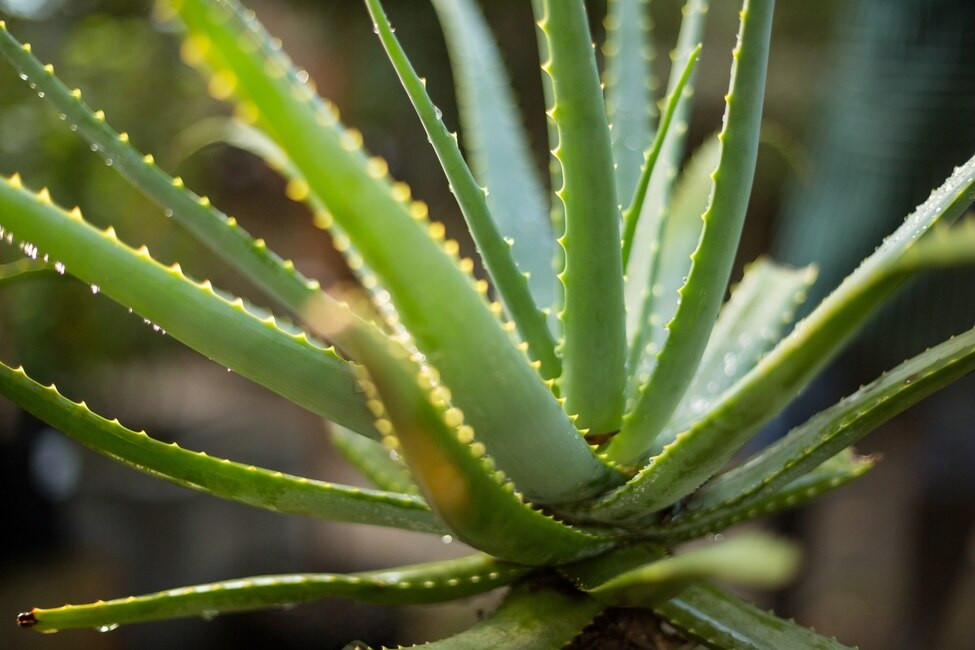
Aloe Vera for Equine Ulcers?
In this guest question and answer, originally featured on The Horse, Anthony Blikslager, DVM, PhD, Dipl. ACVS addresses whether oral aloe vera could help gastric ulcers and offers evidence-based alternatives.

My mare has a history of equine gastric ulcer syndrome (EGUS). She’s currently at a training barn where several horses receive aloe vera juice (administered orally) to treat ulcers. The trainer would like my mare to be on it too. I visited the Mayo Clinic website and it lists several serious side effects caused to humans by taking aloe vera, which include bleeding, metabolic issues, diarrhea, and stomach cramping. These all seems like they would be bad for a horse prone to gastric ulcers. Is there any research that shows aloe vera is safe to administer to horses or that it helps EGUS? — via email

This is an interesting question and generally brings up the theme of evidence-based medicine and use of supplements for horses. Overall, any standard of care should include “do no harm” as a principle, followed by a hopeful therapeutic or preventive effect.
In the equine industry, we are frequently in a position of not having a great deal of information about treating horses, so many things are done off label or with limited evidence from other areas of medicine. The use of aloe vera for treatment or prevention of stomach ulcers falls into the latter category—we have limited evidence of effect of aloe vera, primarily in lab studies. For example, Aloe vera has been shown to limit ulcer formation in rats in response to ethanol administration. This type of study is a preclinical trial, indicating that it’s not yet ready for clinical use until issues such as dose, dose form (i.e., gel, liquid, tablet), and side effects are worked out.
Using PubMed as my search tool, I found no studies in horses in the mainstream medical literature, no information on the dosage for horses, and no information on the dose form for aloe vera. Lab studies indicate that there are side effects, exactly as mentioned in the reader’s Mayo Clinic link, suggesting that there are dose-dependent irritating and adverse effects of aloe vera.
Overall, I doubt that your horse would be receiving enough of a dose to see side effects, but I would certainly caution that you would be in the dark as to the possible effects, either positive or negative, of aloe vera.
My opinion is that if you suspect ulcers, have your horse endoscoped. If there are ulcers present, the proton pump inhibitor (PPI) labeled for use in horses is the standard of care. A PPI at a lower dose is also the standard of care for prevention of ulcers. From more of a practical point of view, I think you can best avoid ulcers by maximizing forage (such as grass and hay) intake and minimizing soluble carbohydrate (as found in sweet feed). Pelleted feeds that also contain some roughage are preferable. It helps to remember that horses have a gastrointestinal tract designed for relatively consistent intake of forage and, therefore, produces gastric acid consistently throughout the day.
One final thing: It’s easy to be a purest as a veterinarian, and I think that common sense amongst horse professionals counts for a lot. I just get worried when we don’t know enough about the supplements we are using, particularly those that work more like a pharmaceutical treatment.

